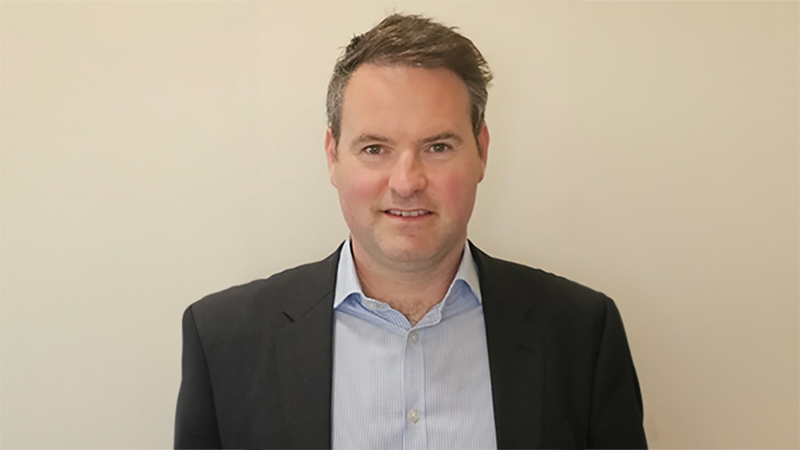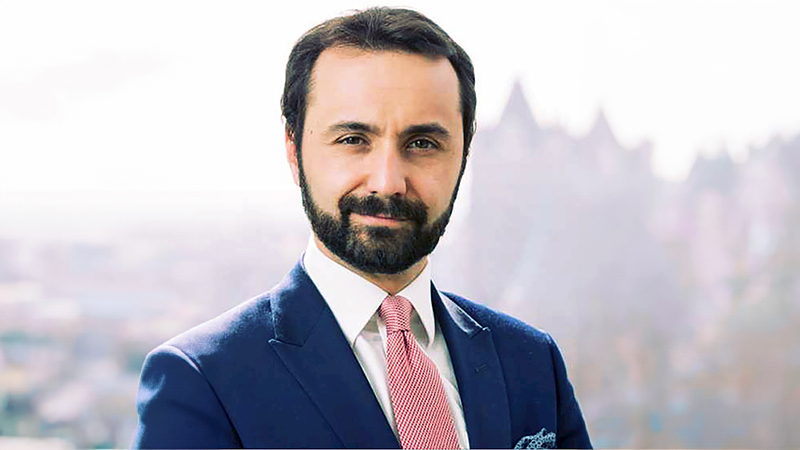The firm is to introduce an initial charge of 2% on its £3.7bn Aberdeen Emerging Markets Fund, the $15.5bn Aberdeen Global – Emerging Markets Equity Fund and the $2.7bn Aberdeen Global – Emerging Markets Smaller Companies Fund.
The company confirmed that charge will be paid into the funds on behalf of investors rather than paid to Aberdeen AM. The annual management charges will remain unchanged.
Aberdeen AM’s equivalent US-domiciled mutual and commingled funds will be closed.
Back in January, the company said: “Net inflows… have continued at a higher rate than we are comfortable with and we are working to achieve a slowdown to ensure performance is not compromised."
The group has also written to a number of the larger distribution groups, including Hargreaves Lansdown and Chelsea Financial Services, to encourage them to remove their global emerging market funds from their recommended buy lists.
The new charging structure will come into effect on 11 March or the Luxembourg-domiciled propositions (Emerging Markets and Emerging Markets Smaller Companies funds) and 15 April for the UK-domiciled ICVC, the Aberdeen Emerging Markets Fund.
John Brett, head of distribution at Aberdeen Asset Management, added: “Further inflows, if unchecked, will give rise to liquidity issues which may in time result in the investment team being forced to compromise its investment process, resulting in the introduction of lesser quality companies.
“The team remains committed to its investment philosophy and will only introduce new stocks to the portfolio when they have been fully researched in accordance with Aberdeen’s group-wide equity process and the team is satisfied that they meet our quality standards. To do otherwise would not be in the best interests of investors in the funds.”











